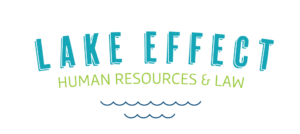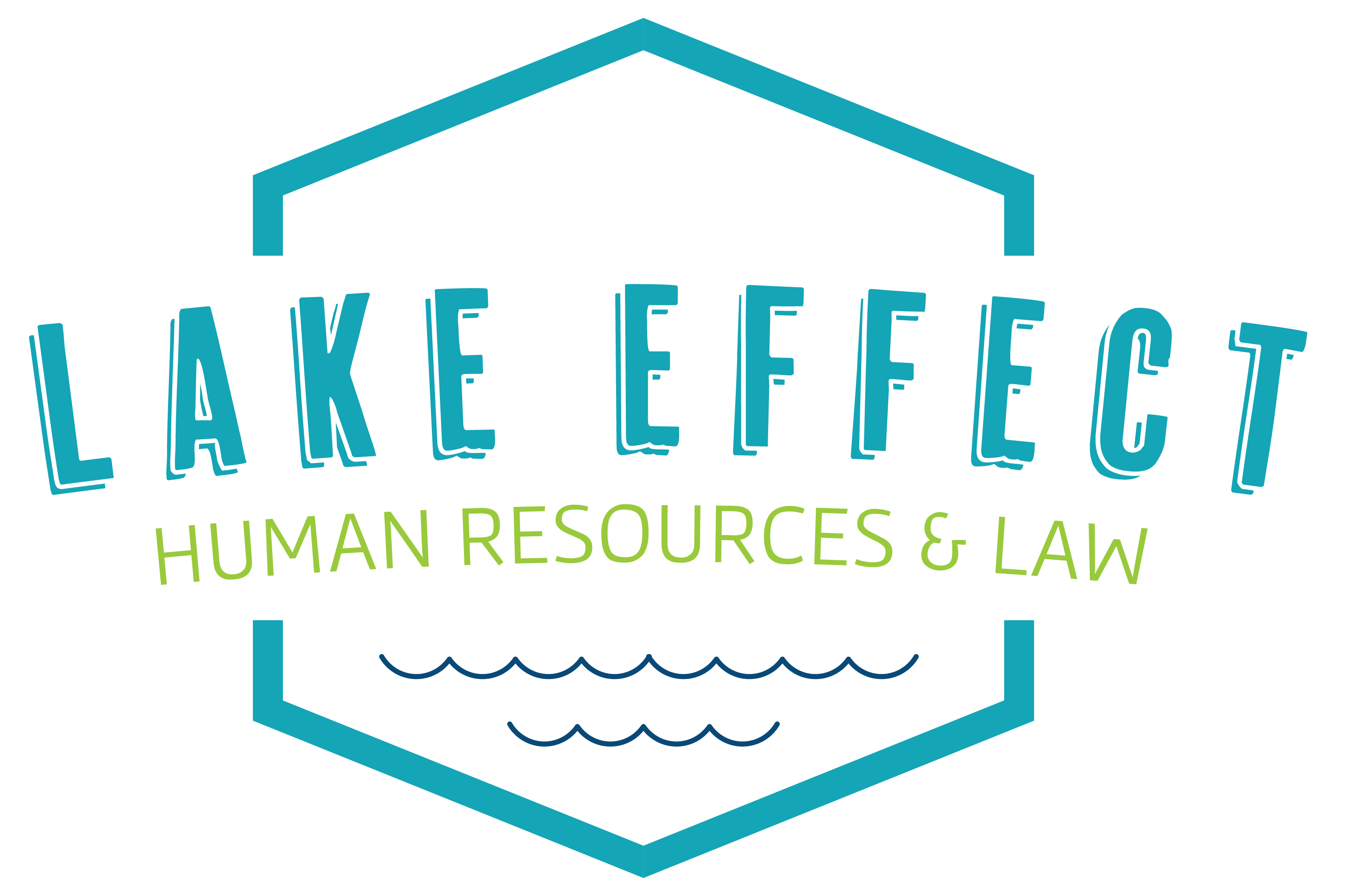On December 10, 2020, a Food and Drug Administration (FDA) advisory committee will meet to review Pfizer’s COVID-19 vaccine and recommend whether to authorize its emergency use in the United States. Moderna is also seeking FDA Emergency Use Authorization (EUA) for its COVID-19 vaccine, and dozens of other pharmaceutical companies are in the process of developing and seeking approval for vaccines. As the country awaits word on FDA authorizations, governmental bodies and other organizations are preparing for the complexities involved in distributing a COVID-19 vaccine and prioritizing who will receive the first doses.
No doubt, many employers welcome the prospect of a safe and effective COVID-19 vaccine in hopes that remote employees can return to the workplace and safely resume serving clients, customers, and partners. However, this scenario assumes that most employees will get a COVID-19 vaccine when it becomes available. It also raises a difficult question: Can an employer require employees to get a COVID-19 vaccine as a condition of continued employment?
Current FDA guidance:
Federal and state authorities have not directly answered this question. A member of the FDA advisory panel recently stated that vaccines authorized under the FDA’s EUA (as opposed to through the normal approval process) cannot be mandated. This is consistent with 2017 FDA guidance stating that recipients of EUA products must be informed that they have the option to accept or refuse the product and what the consequences of refusal may be. However, there is some dispute as to whether the FDA’s prior position on this issue would control if the Secretary of Health and Human Services adopts a contrary position as to EUA COVID-19 vaccines.
Current EEOC guidance:
Even if initially authorized under an EUA, COVID-19 vaccines will likely be approved through the FDA’s normal approval process in the near future. Employers will then face the same question: can they require employee vaccinations? Current EEOC guidance on Pandemic Preparedness in the Workplace and the Americans with Disabilities Act, updated in March 2020, considers the issue in the context of the influenza vaccine (specifically recognizing that there was no vaccine for COVID-19 at that time). In the case of the influenza vaccine, the EEOC guidance states that “employers should consider simply encouraging employees to get the [vaccine] rather than requiring them to take it.”
Required accommodations:
However, the EEOC guidance also suggests that a mandatory vaccination requirement (influenza, COVID-19, or otherwise) for all employees is permissible as long as employers make exceptions in two instances:
- to provide a reasonable accommodation to an employee with an ADA-covered disability that prevents them from taking a vaccine; and
- to provide a reasonable accommodation to an employee with a sincerely held religious belief, practice, or observance that prevents them from taking the vaccine, as required under Title VII.
Presumably, reasonable accommodations in lieu of a mandatory COVID-19 vaccine could include permitting telework, increased use of PPE for the employee and co-workers, modification of job duties (i.e., removing public interactions), or transfer to a different office space. In any case, providing an employee accommodation must not cause an undue hardship to the employer. Because COVID-19 is so easily transmitted, and because the EEOC recognizes it as a pandemic and a “direct threat” to employee safety under the ADA (as does OSHA), employers might be granted greater latitude in difficult accommodation cases.
Other considerations:
Although a mandatory COVID-19 vaccination policy may be permissible under current law, this should not end the inquiry for employers seeking to maximize their workforce potential during these challenging times. Beyond its legality, an employer should determine whether implementing a mandatory vaccination policy is necessary or even advisable based upon the nature, needs, and unique culture of its organization. Relevant considerations may include:
- The frequency and duration of employee interactions with vulnerable populations and/or members of the general public (how critical are employee inoculations to the survival and success of the business?)
- Cost(s) associated with a mandatory employee vaccination policy/program (time, expense, goodwill of the public and employees)
- The impact of existing policies, collective bargaining agreements, or past practices on the introduction of a mandatory vaccination policy
- The potential impact of a mandatory vaccination policy on workplace injury and safety claims
- The logistics required to administer a mandatory vaccination policy/program on or off-site (including necessary forms, a clear process for requesting accommodations, and protocols for retaining confidential vaccination information; staggering vaccinations may also be required as potential side-effects could render employees unable to work for several days)
- The availability, cost, and efficacy of other mitigation measures used to prevent the spread of COVID-19 (including an assessment of the measures used to date)
- Alternative ways to encourage and incentivize employees to voluntarily get the COVID-19 vaccine (i.e., rewarding employees who get the vaccine with added benefits under a wellness program)
Employers should also consider conducting surveys to gather employee feedback before formulating a COVID-19 vaccination policy. Some employees may have specific safety concerns about the FDA’s approval process for new COVID-19 vaccines. Other employees may be skeptical about the medical community or generally concerned about vaccines based upon historical events or personal experiences. Inviting employees to express opinions and concerns can build trust and enhance employee morale. It can also inform an employer’s decision-making and communication strategy as it prepares to welcome more employees back to the workplace, regardless of whether or not an employer adopts any COVID-19 vaccination policy. If an employer decides to proceed with a mandatory vaccine policy, communicating with employees and other stakeholders about the underlying rationale and implementation would be a critical next step.
Stay tuned:
Given the current legal landscape, employers can begin planning the most effective ways to protect their employees and the general public when a COVID-19 vaccine becomes widely available. However, it is entirely possible that we will see new guidance on mandatory vaccinations from federal and/or state authorities after the FDA completes its authorization process.
Lake Effect will continue to closely monitor all developments in this area and provide you with important updates.
Lake Effect is here to answer your questions about protecting your workforce and business consistent with state and federal law. We continue to monitor important legal and HR developments, including COVID-related updates from federal, state, and local authorities. Please keep watching our blogs and emails for these important updates, as well as discussions of how compliance meets culture. To dive into these issues, contact us at info@le-hrlaw.com or 1-844-333-5253.




